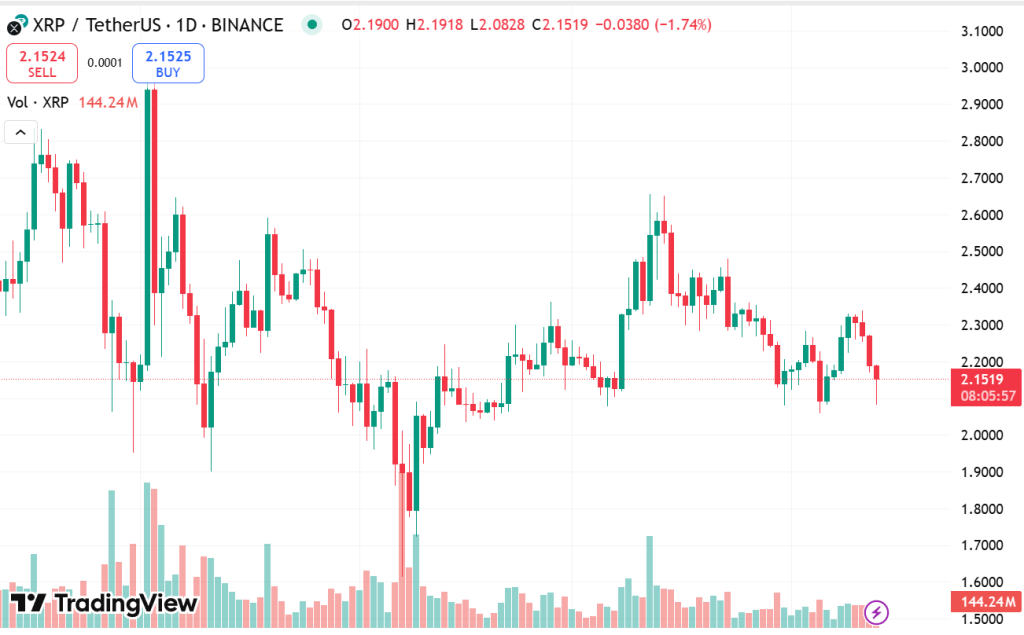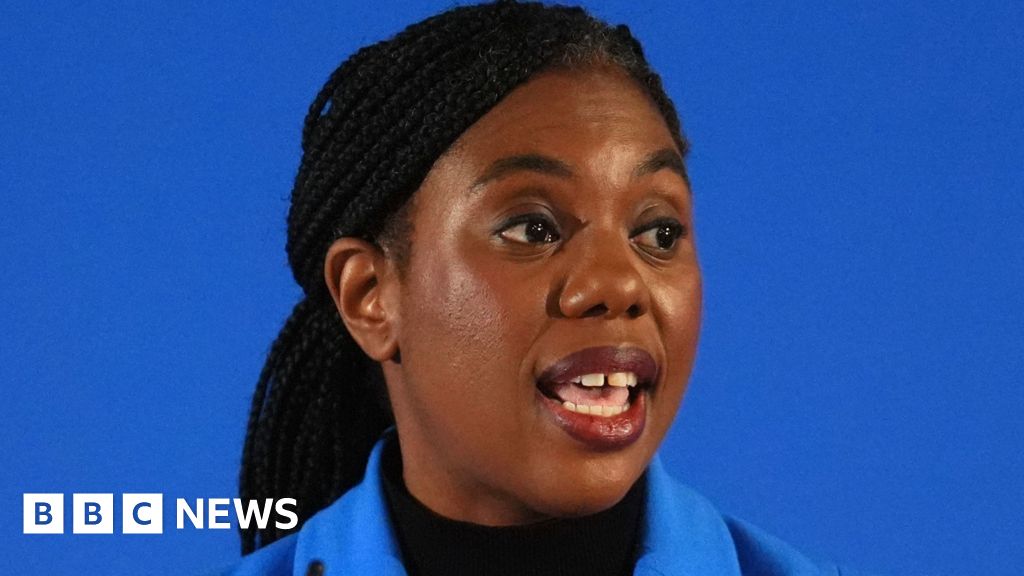Even the best laid plans fail sometimes. Take marriage, for example. In 2022, there were more than 673,000 divorces and annulments in the U.S., according to data from Centers for Disease Control and Prevention. Although prenuptial agreements have historically been taboo or otherwise only useful for the ultra-wealthy, they’re actually becoming more popular.
Half of U.S. adults in 2023 reported they at least somewhat support using a prenup, according to Harris Poll data—a pretty significant jump from 2022 data. It’s not just the popularity of prenups that’s changed, but also their contents and coverage.
Typically, prenups detail the assets that each person has going into the marriage, what will remain separate property of each person, how to divide assets, and establish alimony. They’ll usually outline how to divide up homes, joint bank accounts, and other valuable assets. But now that 51% of pet owners in the U.S. not only consider their pets as much a part of their family as a human member, according to Pew Research Center, more couples are also including provisions about what will happen to their furry friends should the marriage end in divorce.
Indeed, 84% of pet parents support the idea of proactively deciding the fate of their pets should their relationship end, according to a survey of 1,000 pet parents conducted by Rover, a mobile app that connects pet parents with pet caregivers. Currently, more than one-fourth of co-pet parents have an official pet care agreement, such as a pet prenup.
“It is becoming increasingly common among couples to include provisions in their prenups for pets,” Derek Jacques, a divorce attorney and owner of The Mitten Law Firm, tells Fortune. “As many couples view pets in nearly the same way as children, pet custody can become contentious.” Plus, from a legal standpoint, pets are treated as property. That means they’re subject to division of property rules of the state where the couple is divorcing.
What a pup prenup looks like
While many Americans see their pets as their children, the law still doesn’t. Therefore, the process for deciding pet custody is very different from that of human children, largely because pets can be brought into a relationship by one or both parents. That makes it much more difficult to determine to whom the pet belongs.
Jacques has had clients agree to share custody of their dog, with one taking the pup every other two months, which was outlined in their prenup.
“From a legal standpoint, they could be either separate property or marital property,” Jacques says. “There isn’t a real process for pet custody like child custody, so agreeing on how to handle pets is important.”
While the law in most states treats pets as the “same as the antique vase” in a divorce, other states including New York, California, Alaska, and Illinois take into consideration the “best interest” of the pet, Atty Bruggemann, a family-law attorney and partner at Dimopoulos Bruggemann P.C., tells Fortune. The “best interest” standard is the same one used in custody cases for children, but modified for pets. It considers who the pet spent the most time with, was taken to the vet most by, and who has the time to spend with the pet after the divorce.
Why having a pup prenup could be important
Not establishing a prenuptial agreement that includes your pet could get dicey—and pricey. Take the recent divorce of celebrity couple Shantel VanSanten and Victor Webster, for example. Reports this week show VanSanten—a former One Tree Hill, and Webster, a Hallmark Channel star—finalized their April 2023 divorce, which includes a pet custody agreement with late fees.
Webster will have custody of their dog, Nova, but VanSanten will have visitation rights, according to documents obtained by Us Weekly. VanSanten is required to share updates about the dog’s location, and if she takes Nova for longer than three weeks, she has to pay Webster $10,000 per day the dog isn’t returned. The couple’s cats, Finnegan and Phillippa, are being rehomed with Webster’s brother.
While perhaps an extreme example of the ramifications of not having an agreement in place ahead of time, the feelings surrounding the divorce and decisions about the fate of pets remains the same for most couples.
“The ending of a relationship is usually a very emotionally difficult time. Uncertainty about a beloved pet can multiply the emotional fallout from the end of a relationship,” Meg McKinney, a principal family law attorney at Lerch, Early, & Brewer, tells Fortune. “If people enter into a marriage with an understanding of what will happen with the pet if the relationship ends, then there may be less devastating consequences.”
In cases of co-parenting whether married or just in a relationship, Rover still suggests outlining a “prepup” agreement, including agreements about financial responsibilities, veterinary care, and how involved new partners would be in co-parenting.
“We must control what we can in the situation, and in this case it is protecting our pets from conflict or disturbance, from sudden change of routine or abrupt loss of familiar settings,” Philip Tedeschi, a professor and researcher on the human-animal bond, said in a statement. “Pets are a huge part of developing committed relationships and teach us so much about ourselves and our partners.”
Credit: Source link











